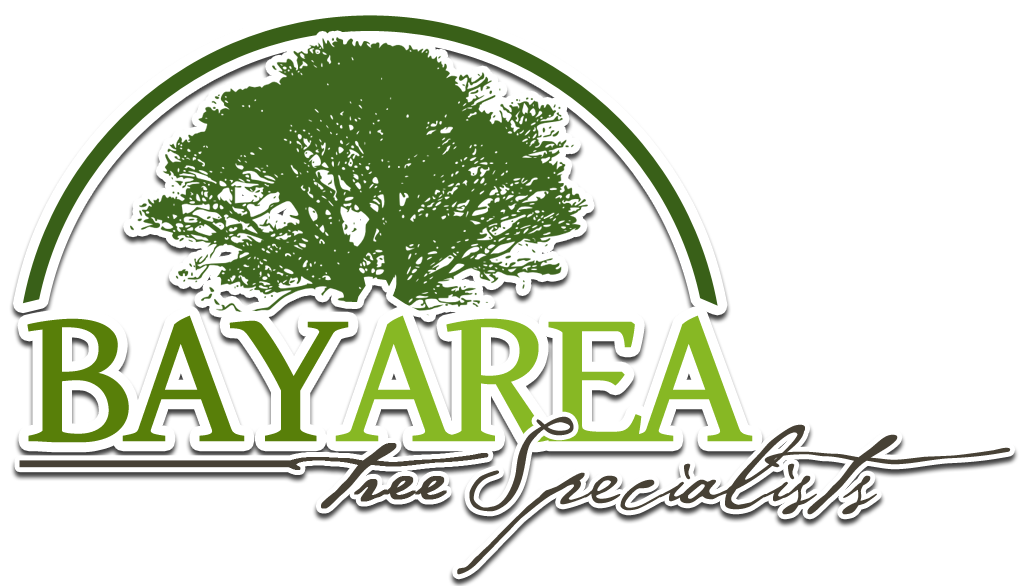Experienced gardeners make a point of using mulch. On the other hand, an inexperienced gardener may feel unsure about what to select as the ideal mulching product.
Basic points to keep in mind
Always check to see if the product you have considered buying carries a seal from the Mulch and Soil Council. You should refrain from buying any of the mulches that have not been certified by the Mulch and Soil Council.
Some gardeners purchase dyed mulch, in order to fill a yard or garden with color. Understand that the color will fade over time, and the mulch must be replaced.
There are 2 general types of mulches, organic and inorganic.
Reasons for using an organic mulching product
Over time, it undergoes organic changes. As a result, it gets transformed into plant soil.
This has the ability to conserve a soil’s moisture. If a garden or a landscape must be created in a dry climate, this is the best mulching product to choose.
This can support both annuals and perennials.
This limits the extent to which water evaporates from the soil.
The one reason that a gardener might think twice before buying organic mulch.
It will not support any garden flowers, annuals or perennials, unless it gets replaced once a year.
Reasons for using an inorganic mulch
Offers good support to trees and shrubs.
It limits the growth of weeds.
It seldom needs to be replaced. That feature does not apply to dyed mulches. As stated above, the color fades over time. Hence, gardeners that relish the bright color have no choice but to pay for more of the colorful substance.
Why some gardeners hesitate to buy an inorganic mulching product
It does not add nutrients to the soil; as a result, it does not aid maintenance of the soil’s health. That drawback takes away from mulch’s ability to create an additional space for flowers or larger plants. In other words, it works against the idea that has motivated many gardeners to apply mulch to a given area.
It can alter the pH of the soil. The Tree Service in San Jose should have the soils that will get covered in mulch tested, and should learn in what direction the pH could change. Only then can the gardener’s choice of flowers for the created garden be made. Some flowers will not tolerate an acidic or alkaline environment.
It can cause an increase in the soil’s temperature. That would not be a desirable feature, if the mulched area was supposed to get plants that do best in a colder climate. In that case it might be better to use one of the organic mulches, or to plan on putting different plants in the newly-created gardening space.

